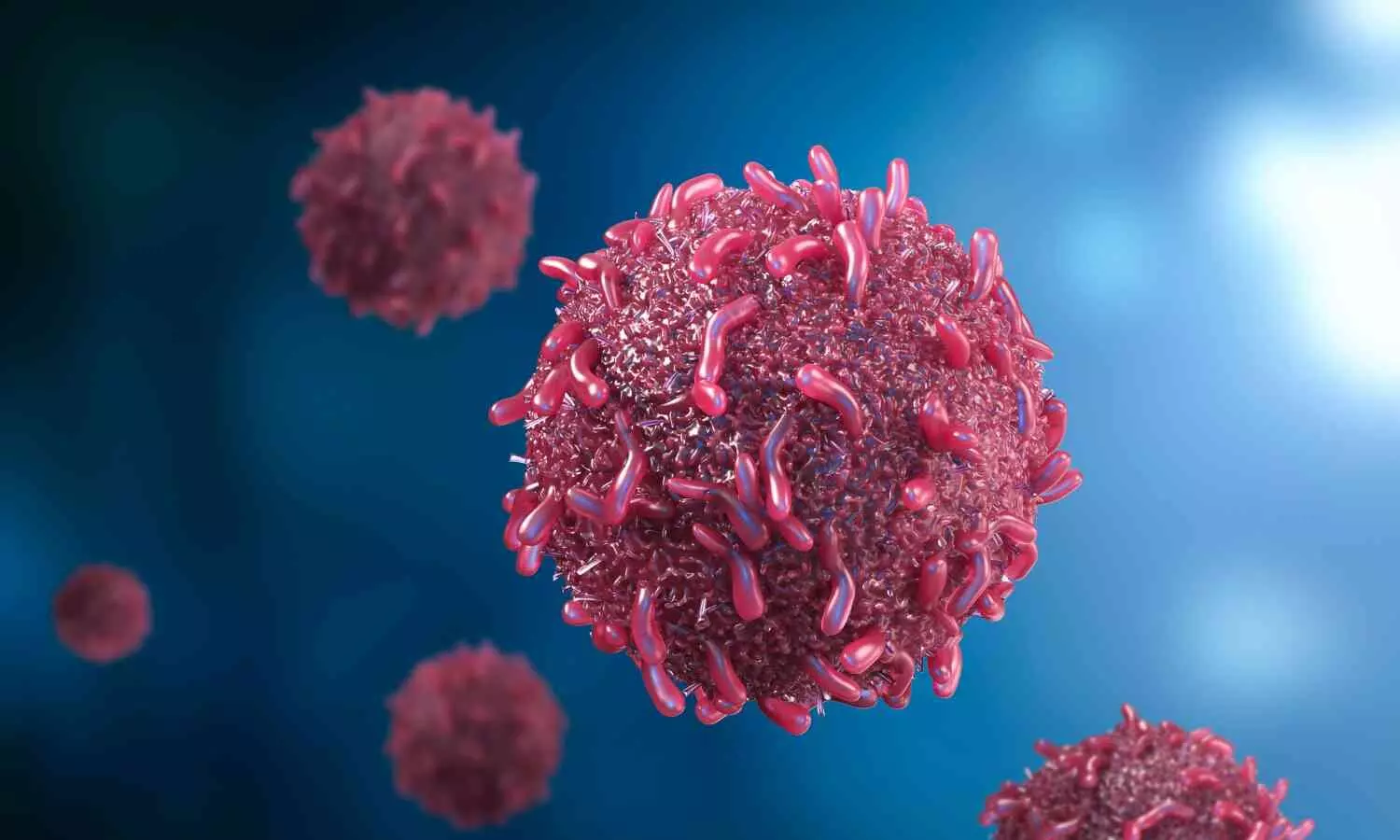Research Investigates Impact of Immune Cells on Cancer Treatment Success

New Delhi: A new study suggests that the immune system plays a crucial role in determining cancer treatment outcomes. Researchers from University College London (UCL) and the Francis Crick Institute found that cancer patients with higher immune cell counts in their blood tend to have better survival rates.
The study, published in Nature Genetics, utilized a novel technique called Immune Lymphocyte Estimation from Nucleotide Sequencing (ImmuneLENS). This method enables scientists to estimate the proportion of T cells and B cells—key immune cells—using whole genome sequencing (WGS) data.
The research team analyzed over 90,000 WGS samples from both healthy individuals and cancer patients. Their findings revealed that cancer patients generally have lower circulating T cell levels than healthy individuals. More importantly, the proportion of T cells in the blood was a strong predictor of cancer outcomes, with higher levels linked to a 47% reduction in deaths over five years after surgery.
Even after adjusting for age, cancer stage, and cancer type, the predictive power of T cell levels remained significant. The researchers believe this biological marker could be integrated into existing genetic diagnostic tests, providing clinicians with additional data to guide treatment decisions.
Professor Nicholas McGranahan from UCL Cancer Institute, the study’s senior author, noted that most previous immune system research has focused on the tumor itself. However, this new tool may allow doctors to predict a patient’s survival better than tumor-based T cell analysis alone.
The study also uncovered gender-related differences in immune cell decline among cancer patients. Specifically, men showed a faster reduction in immune cell proportions, though the reason behind this disparity remains unclear.
Additionally, researchers observed that individuals who were seemingly healthy at the time of sample collection but later developed cancer had lower-than-average B cell levels. This suggests that early immune system changes may either indicate an undetected early-stage cancer or contribute to cancer development.
These findings could be pivotal for early cancer detection and improving treatment predictions, offering new avenues for personalized cancer care in the future.


